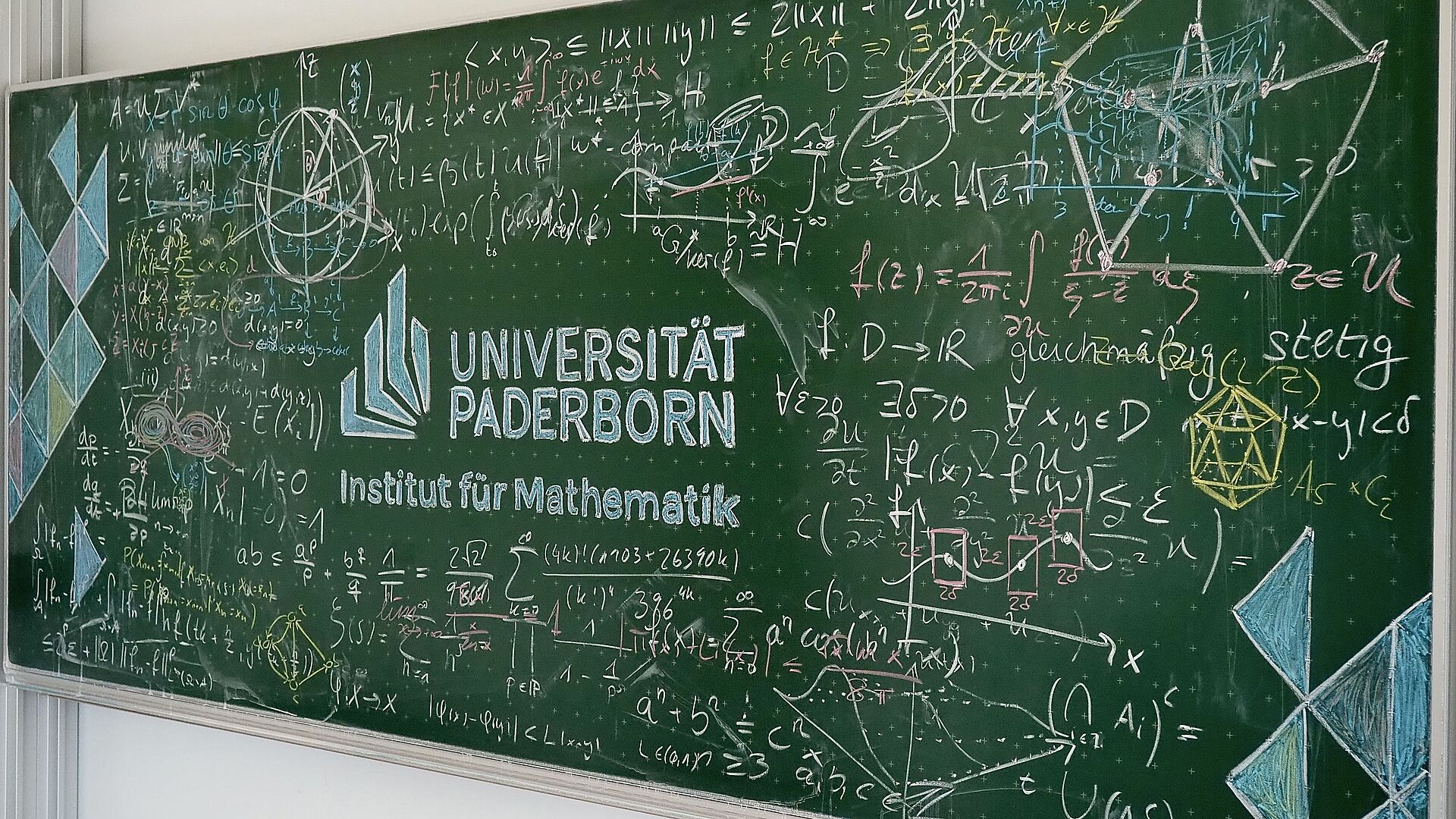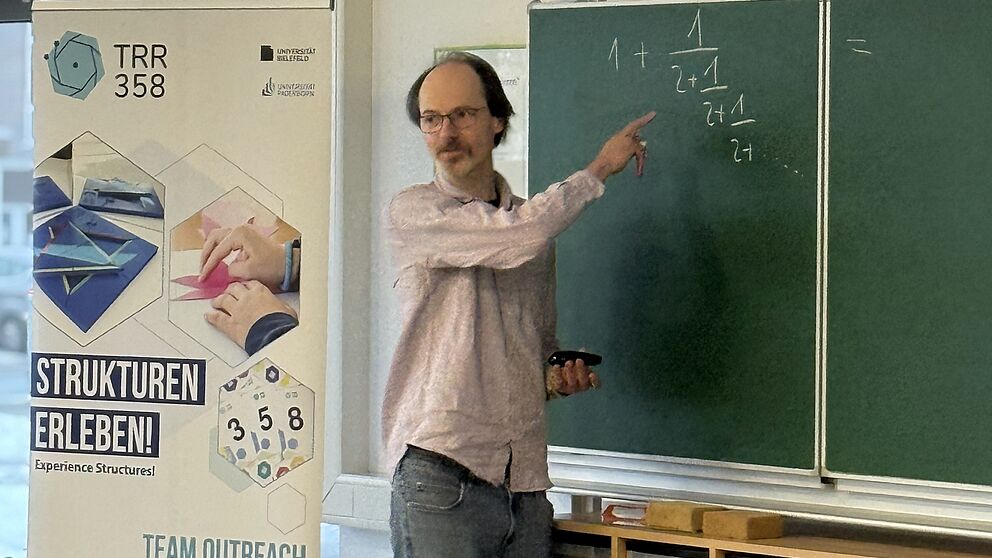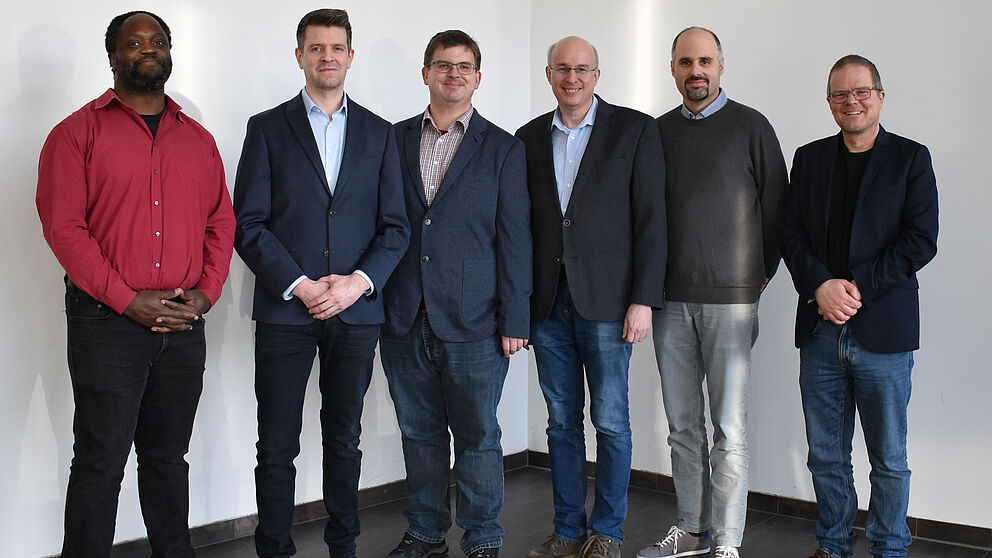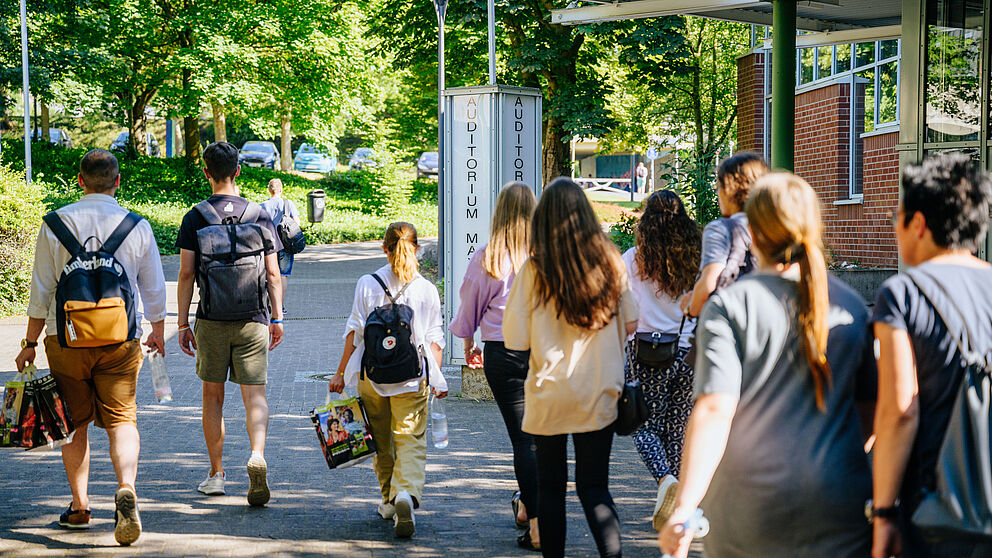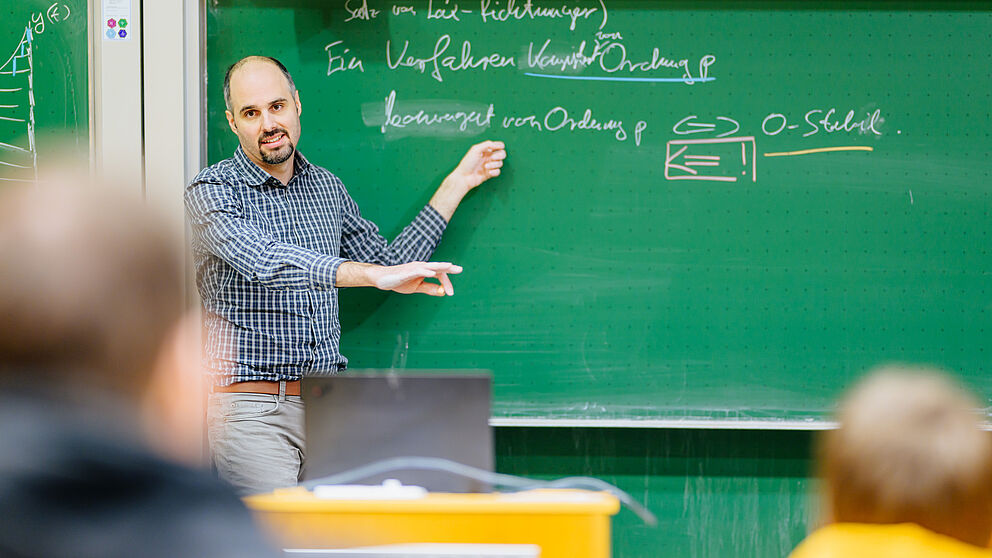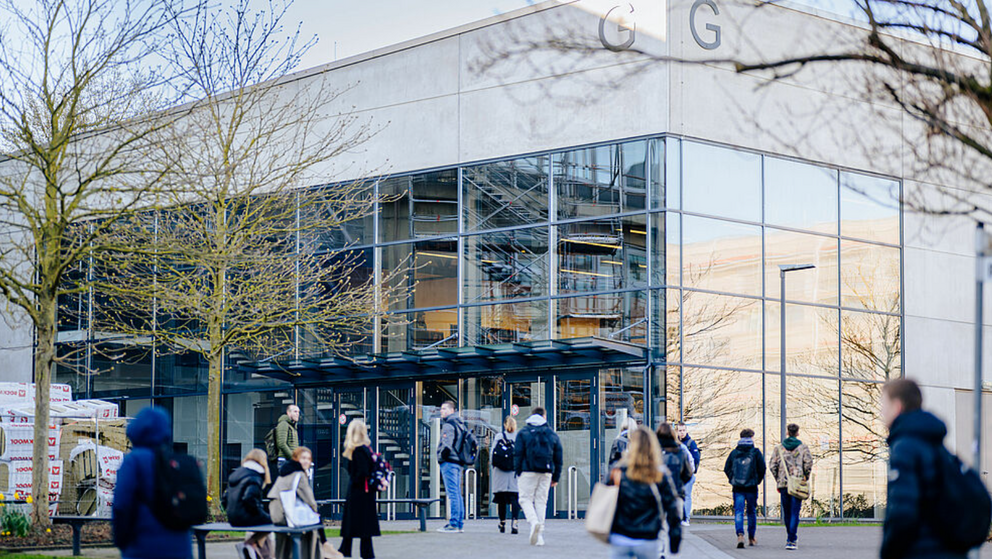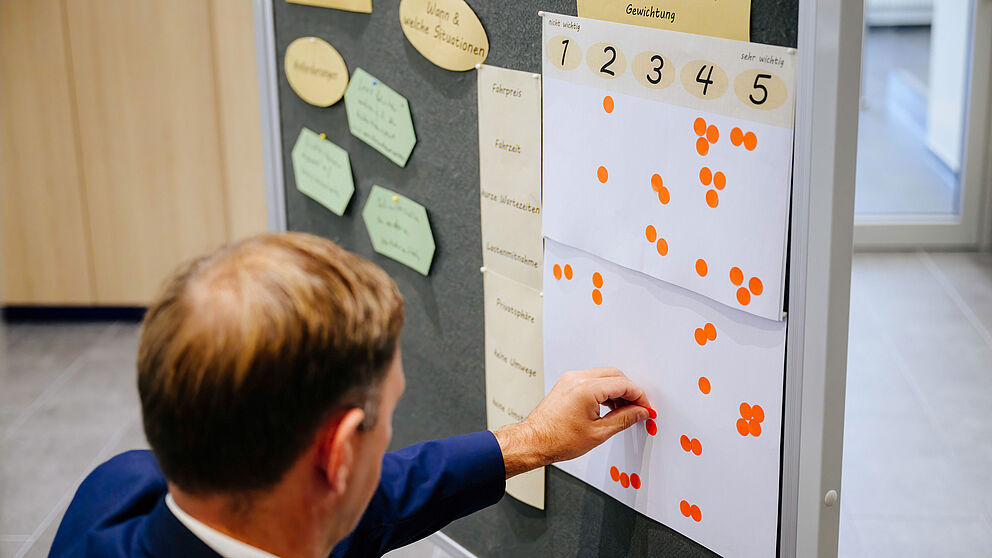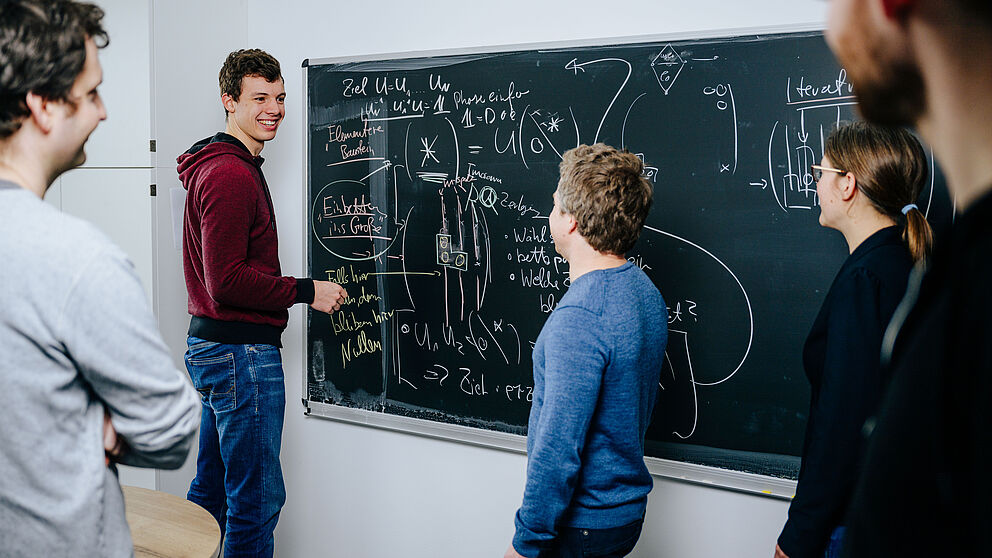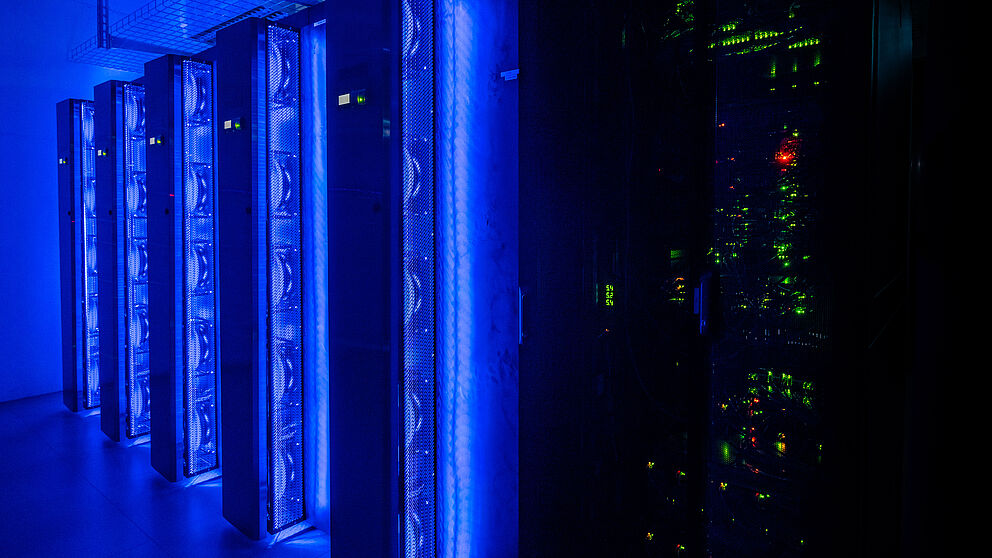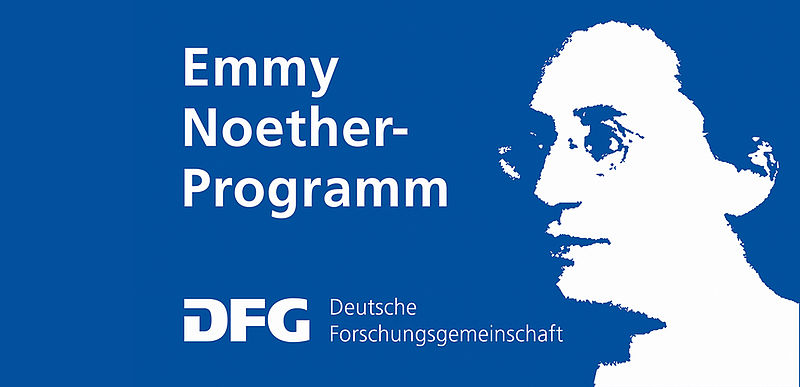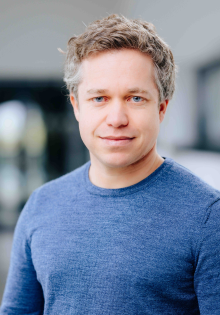Das Bild ist bekannt: Wird Tinte in ein Wasserglas getropft, entsteht ein kompliziertes und in sich verworrenes Schlierenmuster. Mit der Zeit verteilt sich die Farbe und das anfängliche Durcheinander gerät ins Gleichgewicht – eine Eigenschaft, die sogenannte chaotische Systeme aufweisen. Mit diesen (Un)Ordnungen beschäftigt sich die mathematische Chaosforschung, die jetzt im Fokus junger Wissenschaftler der Universität Paderborn steht. Ab Oktober nimmt dort eine Emmy Noether-Gruppe ihre Arbeit auf, die von der Deutschen Forschungsgemeinschaft (DFG) mit rund 1,2 Millionen Euro gefördert wird.
Unter der Leitung von Jun.-Prof. Dr. Tobias Weich von der Arbeitsgruppe Spektralanalysis werden die chaotischen Systeme mathematisch studiert. Dazu erklärt Weich: „Wir untersuchen sehr abstrakte dynamische Modelle, die in der reinen Mathematik an vielen zentralen Stellen auftauchen. So ist zum Beispiel die gleichförmige Bewegung von Teilchen in einem gekrümmten Raum unter bestimmten Bedingungen chaotisch. Eine aktuelle Fragestellung, mit der sich die Nachwuchsgruppe dann u. a. beschäftigen wird, ist, inwiefern das Streben in Richtung Gleichgewicht mit geometrischen Eigenschaften des gekrümmten Raumes zusammenhängt.“
Zwei Nachwuchsgruppen pro Jahr
Weich: „Pro Jahr richtet die DFG bundesweit für gewöhnlich im Schnitt nur zwei Emmy Noether-Gruppen im Bereich der Mathematik ein“. Das Programm ermöglicht es besonders qualifizierten Nachwuchswissenschaftlern, sich durch die Leitung einer Nachwuchsgruppe über einen Zeitraum von sechs Jahren für eine Hochschulprofessur zu qualifizieren. Weich weiß dabei insbesondere den Stellenwert internationaler Zusammenarbeit zu schätzen: „Die Förderung intensiviert die starke Vernetzung mit Kooperationspartnern in den USA, Frankreich und Japan“. Den Doktoranden biete sich dadurch die seltene Gelegenheit, einen Teil ihrer Promotionszeit in Berkeley, am MIT oder der Université-Paris-Sud zu verbringen, fügt der Paderborner Mathematiker hinzu.
Laut Weich liefere das Institut für Mathematik ein exzellentes Umfeld für die Forschungsvorhaben: „Auf dem Gebiet der Harmonischen Analysis auf Lie-Gruppen, was für unsere Arbeit essentiell ist, besitzt Paderborn ein internationales Renommee.“ Auch das ausgezeichnete Ausbildungsniveau der Studierenden sei ein ausschlaggebender Faktor bei der Standortwahl gewesen, so Weich weiter. „Durch die Einführung thematischer Masterschwerpunkte erhalten die Studierenden eine fokussierte Mathematikausbildung, durch die sie direkt in aktuelle Forschungsfragen einsteigen können“.
Nina Reckendorf, Stabsstelle Presse und Kommunikation
